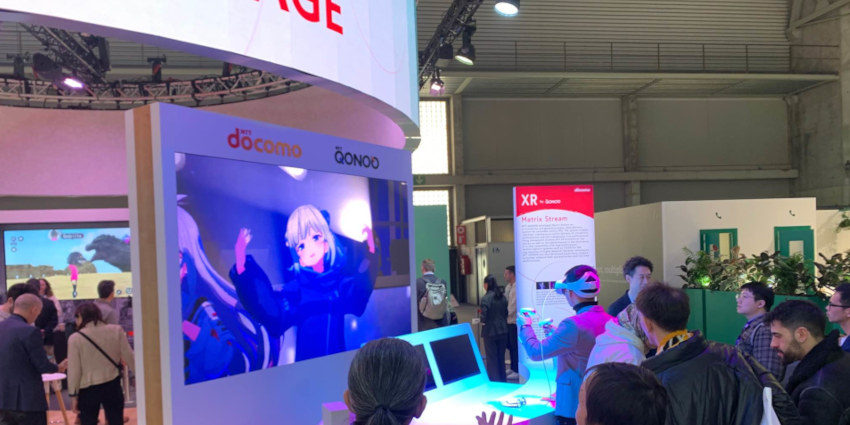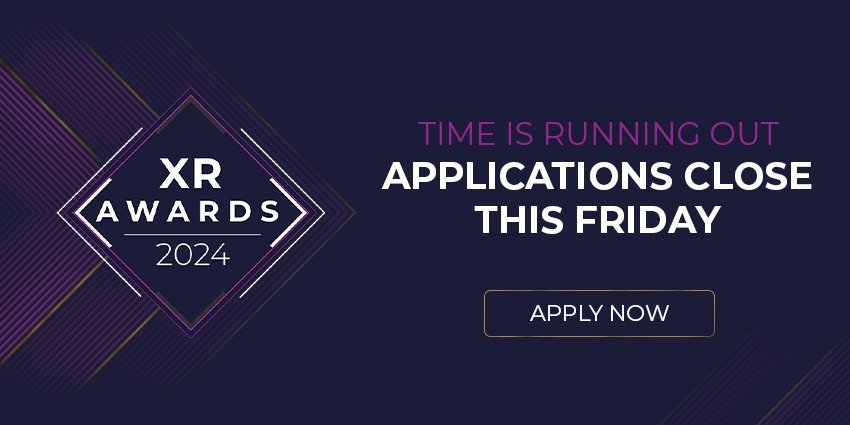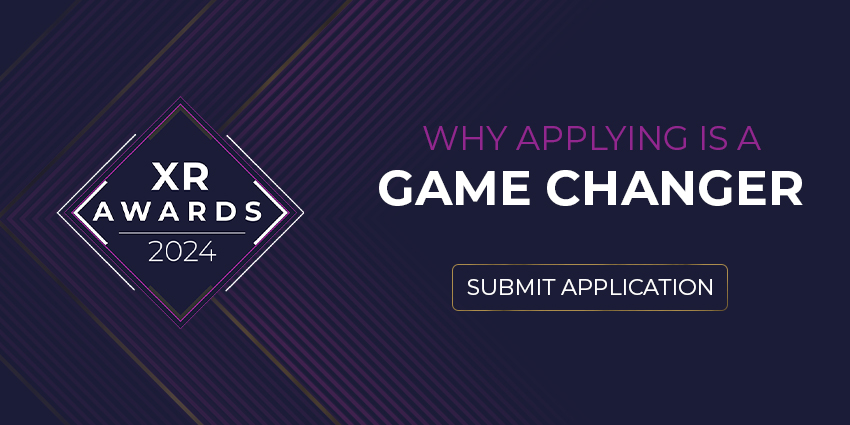NTT DOCOMO Inc wrapped up its exhibition on Thursday at the Mobile World Congress (MWC) 2023 in Barcelona, Spain.
The event, which took place from 27 February to 2 March, showcased some of the world’s top tech firms and their latest innovative products and solutions.
NTT DOCOMO hosted an expanding portfolio of use cases for its current and future offerings, including in 6G, open radio access networks (ORAN), and extended reality (XR), among others.
NTT is Japan’s largest telecommunications firm and the fourth-largest global company in the sector.
Regarding 6G, DOCOMO showcased several new advanced wireless technologies under development. These include its innovative Human Augmentation Platform with haptic sensations transmitted across 6G networks.

Such tools can teach students which fingers to use on a piano by simulating touch with haptic gloves.
Additionally, the telecom offered presentations of its experiential tools linked to ORAN networks. Attendees could also view the company’s multi-vendor telco equipment offered by collaborating global carriers.
The Japanese telco also outlined its plans for contributing to global standards for next-generation telecommunications tools.
The enterprise’s XR section also debuted a major metaverse experience with music, anime, and movies. NTT QONOQ, a subsidy of Japan’s NTT Group, supplied the experiences for the premier event.
DOCOMO joins the MWC Barcelona after a four-year absence due to the COVID-19 pandemic. National lockdowns and pandemic measures prevented many firms from attending global conferences until 2022.
NTT DOCOMO-SK Joint Venture
The news comes after the Japanese telco inked a deal with South Korea’s SK Telecom (SKT) ahead of the MWC 2023. The joint effort aims to establish new smart-life business and communications infrastructure for the Metaverse.
Both firms will collaborate on developing original content for each video distribution platform along with virtual content. These will include volumetric video, virtual landscapes, 3D content, and long-term planning for XR tools.
Regarding telco infrastructure, both will cooperate on 5G services such as 5G standalone, millimetre-wave (mmWave) deployment, green networking, and Open and Virtualised Radio Access Network (oRAN/vRAN).
Here’s a handy bit of tech @docomo booth at #MWC2023 pic.twitter.com/zWExUARVZj
— WhatGear (@whatgearreviews) March 1, 2023
They will also cooperate on their 6G network deployments with joint research and development (R&D) and building standards. The two firms aim to test 6G in 2024 jointly and will feature Innovative Optical and Wireless Network (IOWN) along with efforts with the IOWN Global Forum.
SK Telecom President and Chief Executive, Ryu Young-Sang, said in a statement,
“The MOU has a significant meaning as it is a cooperation between the representative mobile operators of Korea and Japan. By working together with NTT DOCOMO in the area of future ICT, we will generate tangible results that drive global ICT innovation”
NTT DOCOMO President and CEO, Motoyuki Ii added that, by combining technological capabilities and expertise, “we have cultivated across years of experience, we hope to create new services that will allow customers around the world to experience new forms of excitement.”
“We look forward to working with SK Telecom to develop the businesses of both companies,” he concluded.
Developments in XR Telecoms Infrastructure
The comments come amid XR Today’s interview with Thierry E Klein, President of Bell Labs Solutions Research at Nokia Bell Labs. In it, he explained how his company aimed to upgrade global networks to accommodate the future enterprise metaverse.
Consumer adoption of the Metaverse would “take longer to come to fruition,” he said, adding that VR and XR devices would become more user-friendly and affordable over time for mass adoption.
However, industrial adoption of the Metaverse is developing “rapidly,” he explained. This has prompted global telecom companies to boost the capacity and capability of network infrastructure.
Doing so would allow global industries to become “home to some of the most significant and far-reaching opportunities presented by the Metaverse,” he said.
The Future of XR Networks
Developing metaverse use cases and capacity has become increasingly critical for companies such as Nokia, NTT DOCOMO, SK Telecom, AT&T, and many others.
Networks are tasked with accommodating increasing traffic bandwidth demanding near-zero latency, lower power consumption, and wider and more stable network 5G coverage.
According to Andrew Bennett, Assistant Vice President for Mass Market 5G Products at AT&T, denser urban environments with higher population densities also affected network coverage.
In an interview with XR Today on the sidelines of the Immerse Global Summit (IGS) 2022 in Miami, he added that his company had to accommodate “current and future infrastructure as customers changed their usage patterns.”
He added: “It’s important to prepare for those inflexion point events, especially after COVID-19 changed the way we work. The Metaverse and XR have tremendous opportunities to advance remote work by boosting collaboration and improving training.”
The MWC 2023 took place from 27 February to 2 March and features some of the world’s largest tech and telecommunications firms. Hosted at the Fira de Barcelona, the massive exhibition demoed stellar technologies for consumer, enterprise, and industrial use cases.







